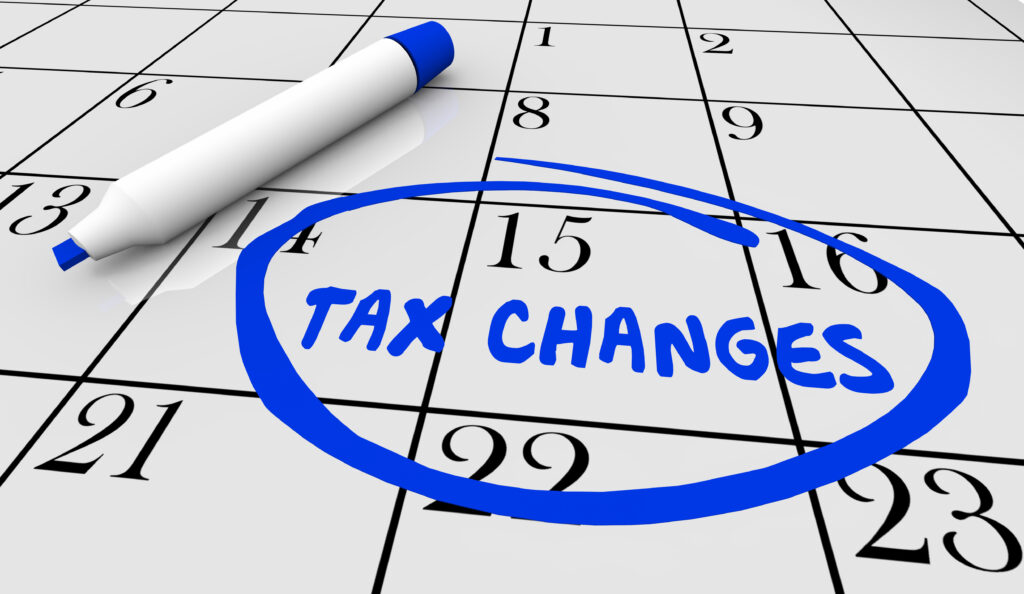Have You Heard About These New Income Tax Changes?

February is almost over. Can you believe it? That means the annual income tax return deadline is fast approaching. If you still haven’t done your taxes then there are some important changes you should know about. Hopefully, if you’ve already filed, then you were aware of these changes beforehand. If not, and you think they could impact your return then you could always file an amended return.
In any case, here are some key changes to be aware of. The due date for taxes this year is actually Monday, April 18 in most states, however, for those taxpayers that live in states that celebrate Patriot’s Day the due date falls on Tuesday, April 19. First, for those claiming certain credits, like the child tax credit and the American Opportunity Credit, the IRS now requires a Social Security or tax ID number.
You’ve heard of an IRA, now the U.S. Treasury Department is offering myRA, a free retirement account that allows eligible taxpayers to fund it either through their personal accounts or via payroll deductions. Elsewhere, the Personal Exemption rate has increased to $4,000 for the majority of taxpayers. For those that make more than $258,250 the exemption is not as much.
Another deduction that has gone up from last year is the standard deduction. It has increased $100 for individuals and $200 for married couples filing jointly from 2014, to $6,300 and $12,600 respectively. Meantime, if you use a vehicle for business you can use the mileage used for that business as a deduction. While that is not new, the rate per mile for 2015 was 57.5 cents, up from 56 cents in 2014.
Of course, if you still need help with your tax returns you can contact us at 1-877-CPA-2006 or by clicking here.
Is Accounting Boring?
Is Accounting Boring? By William Brighenti I’ve noticed on Twitter a bunch of tweets from younger people complaining that accounting is boring. This may very well be true for those who are not accountants. Non-accountants include those individuals who once loved accounting until they took intermediate accounting in college and then switched their major to…
Business Plan
Business Plan A business plan precisely defines your business, identifies your goals, and serves as your firm’s resume. The basic components include a current and pro forma balance sheet, an income statement, and a cash flow analysis. It helps you allocate resources properly, handle unforeseen complications, and make good business decisions. Because it provides specific…
Choosing a Legal Form for Your Business
Choosing a Legal Form for Your Business In starting a small business, one of the first questions you should ask is what form of legal entity you should use or “How should I organize my business?” Also, as your business grows and changes, you should from time to time ask yourself whether the entity you…
Drafting a Partnership Agreement
Drafting a Partnership Agreement If you decide to organize your business as a partnership, be sure you draft a partnership agreement that details how business decisions are made, how disputes are resolved, and how to handle a buyout. You’ll be glad you have this agreement if for some reason you run into difficulties with one…




